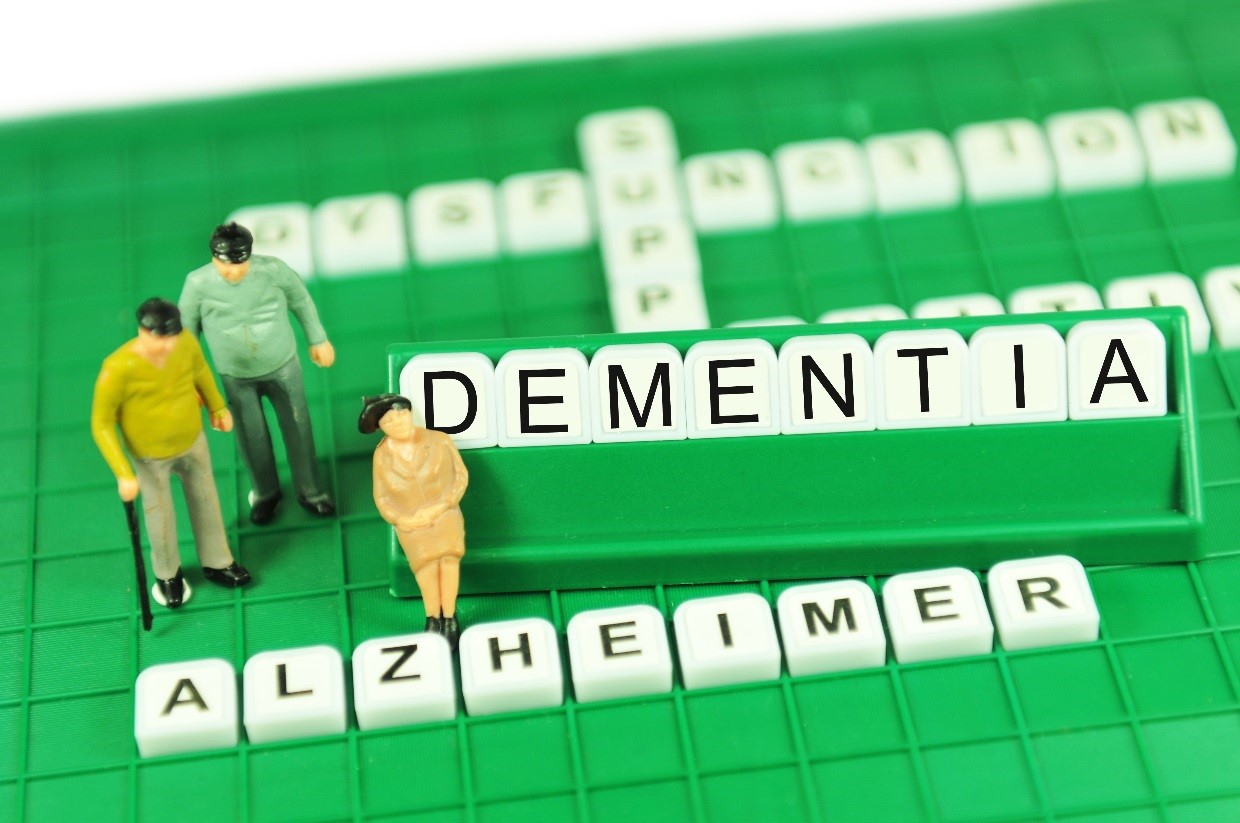失智症 Dementia
失智症是描述損害大腦認知功能的疾病的通用術語。 癡呆症有四種常見類型:阿爾茨海默病,血管性癡呆,路易體癡呆和額顳葉癡呆。 癡呆症可能導致每天無法運作。 患有癡呆症的人可能無法進行日常活動,例如散步,上廁所,進食和起床。 癡呆症的早期預警迹象包括:語言能力的變化,突然感觉一阵阵的混亂,計劃和組織能力下降,在熟悉的地方迷路,持续跌倒或失平衡,以及性格改變。然而, 改變生活方式,包括定期运动,做大腦訓練活動和參與社交活動可以幫助控制癡呆症的症狀。
Dementia is a general term that describes a disease that impairs the brain’s cognitive function. There are four common types of dementia: Alzheimer’s disease, vascular dementia, Lewy body dementia, and frontotemporal dementia. Dementia can lead to the inability to function daily. People with dementia may be unable to perform daily activities such as walking, using the toilet, eating, and getting out of bed. Early warning signs of dementia include the following: changes in language abilities, sudden bouts of confusion, a decline in planning and organization, getting lost in familiar places, repeated falls or loss of balance, and personality changes. However, lifestyle changes, including regular exercise, engaging in brain training activities, and being socially engaged, can help control the symptoms of dementia.
健康資源 Resources
視頻 Videos
失智症的不同類型
如何診斷失智症
失智症的症狀、成因和各個階段
治療和預防失智症






